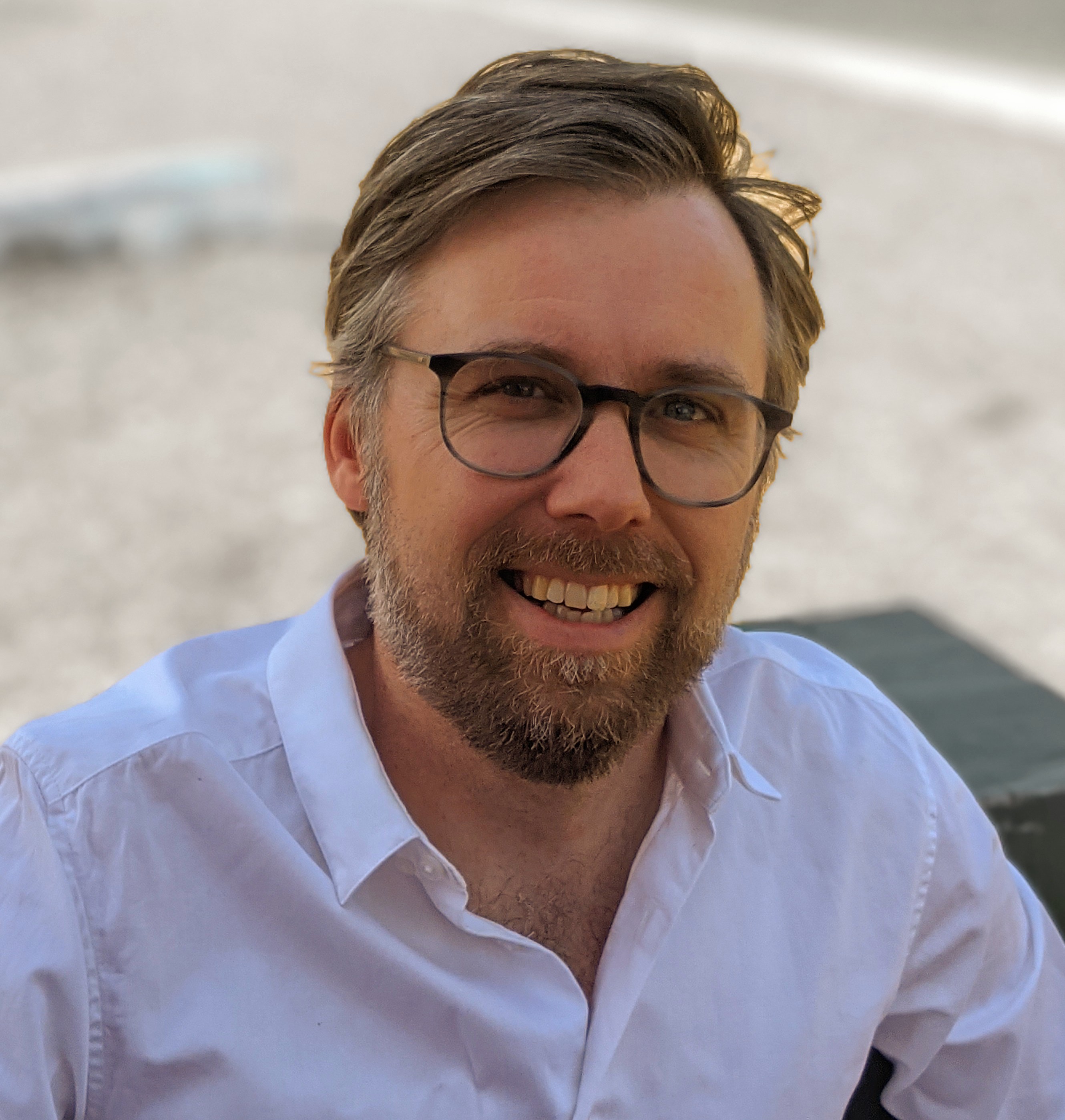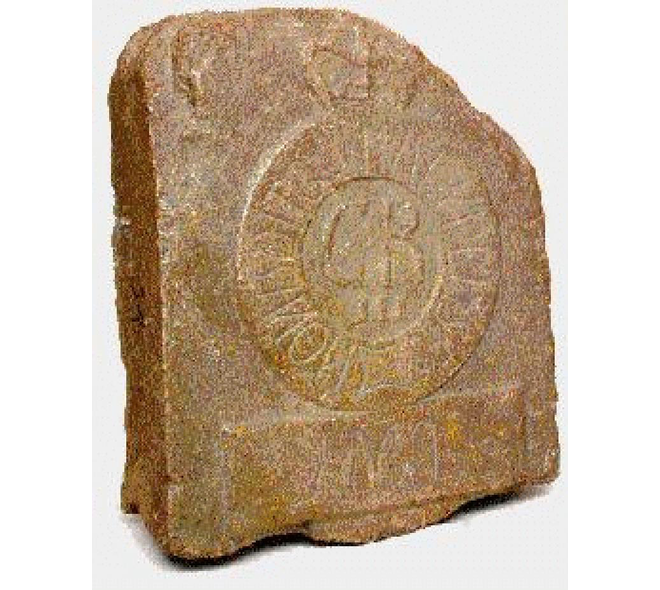 I am a settler scholar who teaches the history of settler colonialism, Canadian-Indigenous relations, environmental history, and legal history in the Department of History and Institute of Indigenous Research and Studies at the University of Ottawa. My migrant ancestors arrived in North America between 1860 and 1960 from the British Islands and Central Europe. I grew up in Austria, Hungary, and Western Canada.
I am a settler scholar who teaches the history of settler colonialism, Canadian-Indigenous relations, environmental history, and legal history in the Department of History and Institute of Indigenous Research and Studies at the University of Ottawa. My migrant ancestors arrived in North America between 1860 and 1960 from the British Islands and Central Europe. I grew up in Austria, Hungary, and Western Canada.
My research concerns land theft, land tenure, and land use on Indigenous territories, with a focus on Indigenous legal orders, and how empires and nation-states opposed and undermined them. In particular, I continue to work with people in Kahnawà:ke, a Kanien’kehá:ka community near Montreal, part of the Rotinonhsión:ni (Haudenosaunee) confederacy, on projects related to the history of land, law, and colonialism in that community. I am also collaborating with Algonquin communities to build new historical research projects in the Ottawa area. I work with archival sources such as historical survey data and maps, and use digital tools to visualize and analyze these data. My work contextualizes current legislative efforts to privatize reserve lands and to terminate Indigenous land rights within the larger history of Canadian and U.S. endeavors to destroy Indigenous communities and lands. I also research Indigenous peoples’ own centuries-long fight to resist colonialism and continue to nourish their communities and lands. I am the author of the award-winning book The Laws and the Land: The Settler Colonial Invasion of Kahnawà:ke in Nineteenth-Century Canada (French translation with Les Presses de l’Université Laval forthcoming 2026).
These are some of my current research projects:
- Continuing Projects with Kahnawà:ke

Limestone Boundary Marker from the western border of Kahnawà:ke.
Canada Science and Technology MuseumAs part of my continuing community-engaged archival research I am writing on the history of land ownership, land theft, industrial development, and environmental history under the Indian Act in 19th and 20th century Kahnawà:ke. I am also conducting research on the fraught history of the boundary line between Kahnawà:ke and Châteauguay, and land surrenders that occurred under suspicious circumstances. I am researching and writing a book entitled No Sale, No Surrender: Kahnawà:ke, Canada, Quebec, and St. Nicholas Island, not yet under contract (anticipated publication 2027)
-
Study on the Intergenerational Legacies at the University of Ottawa: Addressing our Commitments to Truth and Reconciliation
This research project, demanded by Indigenous students and made possible with seed funding from the Office of the Provost, University of Ottawa, is to investigate the institutional history of the university as it relates to Indigenous peoples. Dr. Nicholas Ng-A-Fook and I are leading this effort to research and document the historical involvement of the Oblates of Mary Immaculate’s historical involvement in the Residential Schooling system and the founding of the University in relation to the Algonquin First Nations. This research is being conducted in collaboration with Algonquin communities, on whose unceded land the University of Ottawa operates. - Kichi Sibi Historical Research Project
Beginning in 2023 I have been collaborating with the Algonquin Nation Secretariat, funded by a SSHRC Insight Development Grant, to develop mutually-beneficial historical research projects together. The partner Algonquin communities are Wolf Lake First Nation, Algonquins of Barriere Lake, and Timiskaming First Nation. Our projects include co-publishing, public history projects, archives management, and new archival research. - Settler Colonialism in Canada
A. Land Surveyors and Land Theft: This ongoing project is to analyse, digitize and spatialize the notebooks and diaries of land surveyors in settler colonies. A recent publication is The Continuity of Settler Colonial Narratives: The diary of a nineteenth-century Dominion land surveyor and the enduring language of harm in the journal Settler Colonial Studies.
B. The Indian Act and the Department of Indian Affairs: I am writing on the history of settler colonial “Indian” policy in Canada, and have an ongoing research project to analyze the annual reports of the Department of Indian Affairs from 1864 to 1951. I was a partner in a SSHRC-funded project (with Brian Gettler of U of T and Maxime Gohier of UQAR) to make Department of Indian Affairs documents from 1860 to 1873 searchable and available.
Graduate students: I welcome inquiries by potential masters and doctoral students who are committed to ethical, accountable, reciprocal research on the following topics in English or French: settler colonialism, land surveying and colonial property formation, history of settler-Indigenous relations, Kitchissippi-Ottawa River history (for example, history of logging, dams, eels), environmental history, antiracist and anticolonial historical methodologies, history of race-shifting and ethnic fraud, history of “Indian” policy in Canada, history of the Department of Indian Affairs, treaties, and legal history.
Recent Blog Posts
Bringing My First Book to New Readers: “The Laws and the Land” Will be Translated Into French!
I’m excited to share news that the Awards to Scholarly Publications Program of the Federation for the Humanities and Social Sciences will provide a $30,000 Translation Grant to les Presses de l’Université Laval for the French translation and publication of my first book “The Laws and the Land: The Settler Colonial Invasion of Kahnawà:ke in…
Contributors’ Workshop – Sacred Sites of the Anishinabe and the Ruins of Ottawa, University of Ottawa, February 21-22, 2025
On February 21-22, 2025 the Faculty of Arts and the Institute of Indigenous Research and Studies hosted a Contributors’ Workshop for the forthcoming publication “Sacred Sites of the Anishinabe and the Ruins of Ottawa” (under contract with McGill-Queen’s University Press), co-edited by Daniel Rück and Mike Steinhauer. This event, funded by the Faculty of Arts…
New Website: Histoire antiraciste | uOttawa | Antiracist History
I am co-founder and co-organizer of a community of historians at the University of Ottawa who oppose racism and stand in solidarity with racialized students, staff, and faculty. Part of our work so far has been to build a website providing antiracist historical and pedagogical resources, and we continue to add resources. It also includes…
